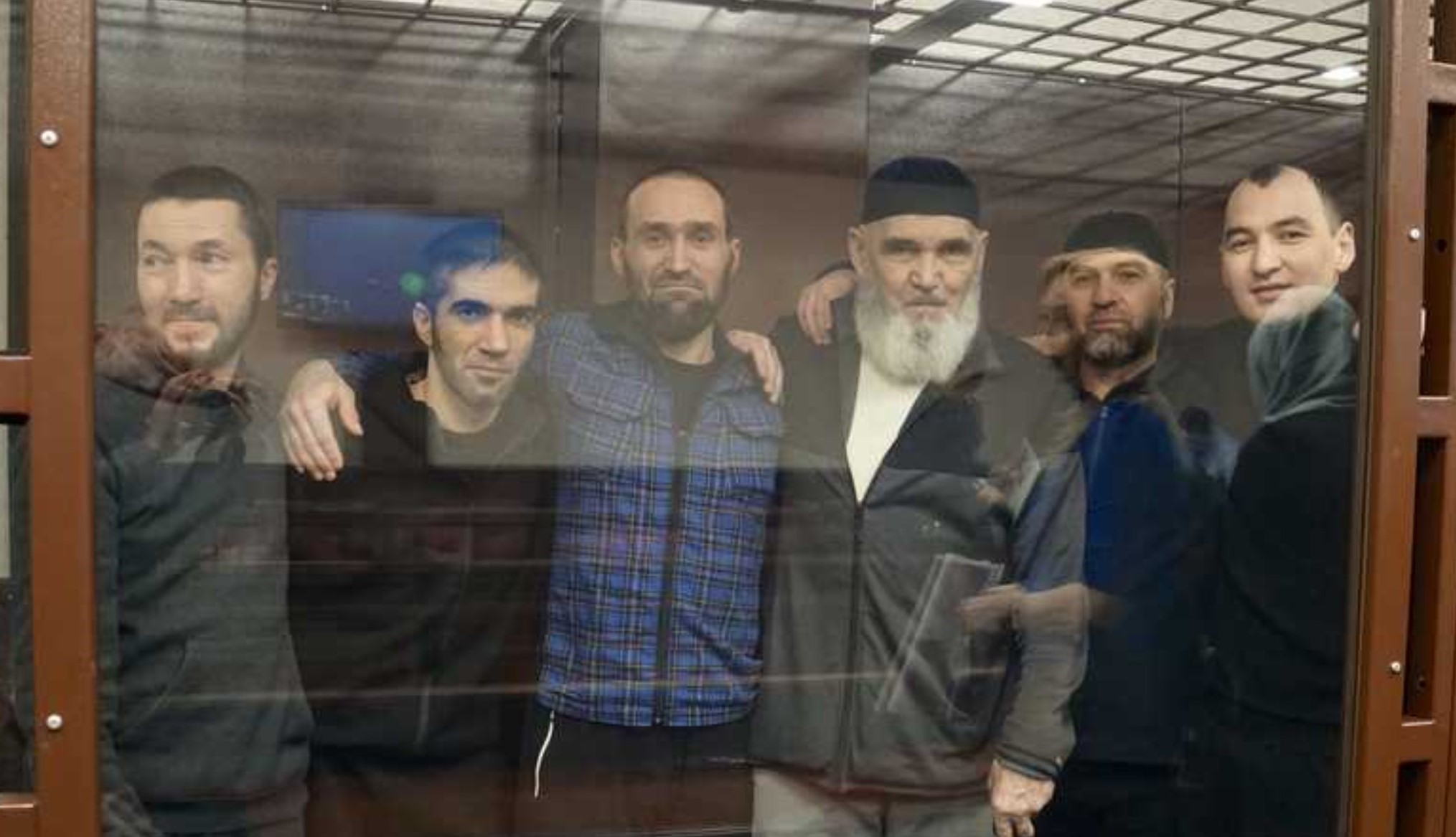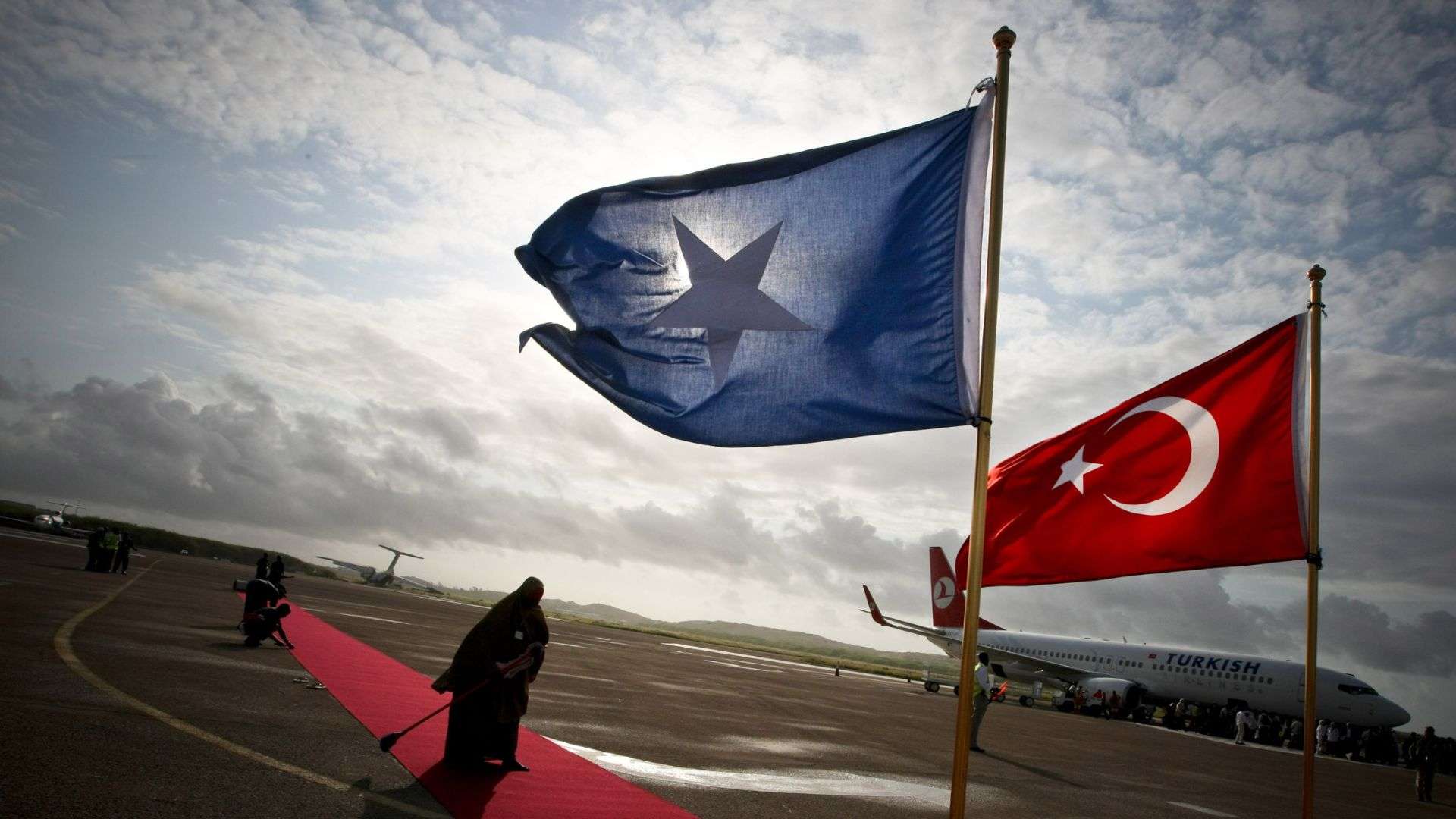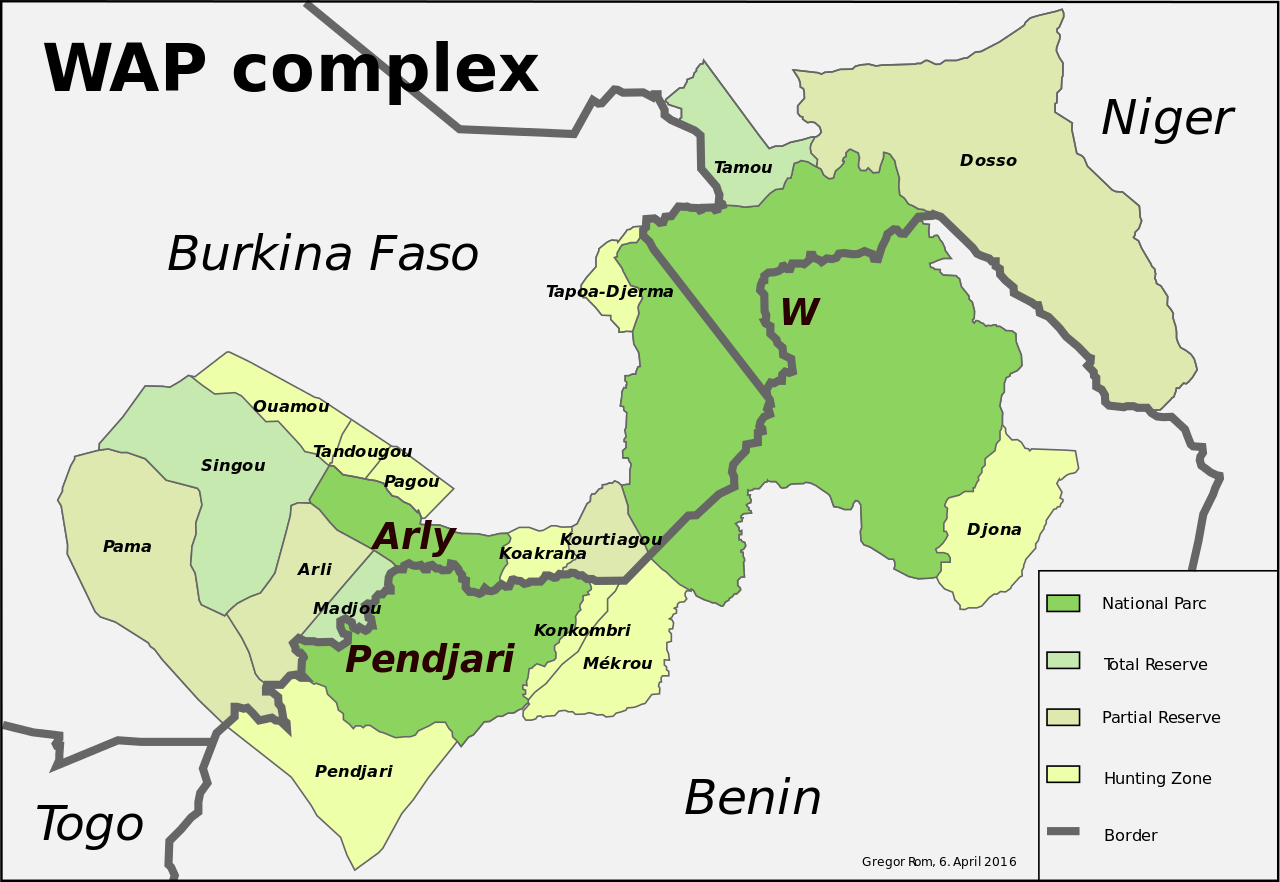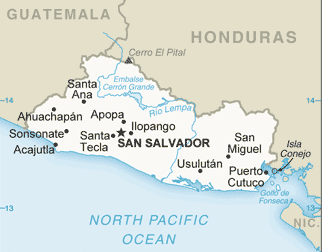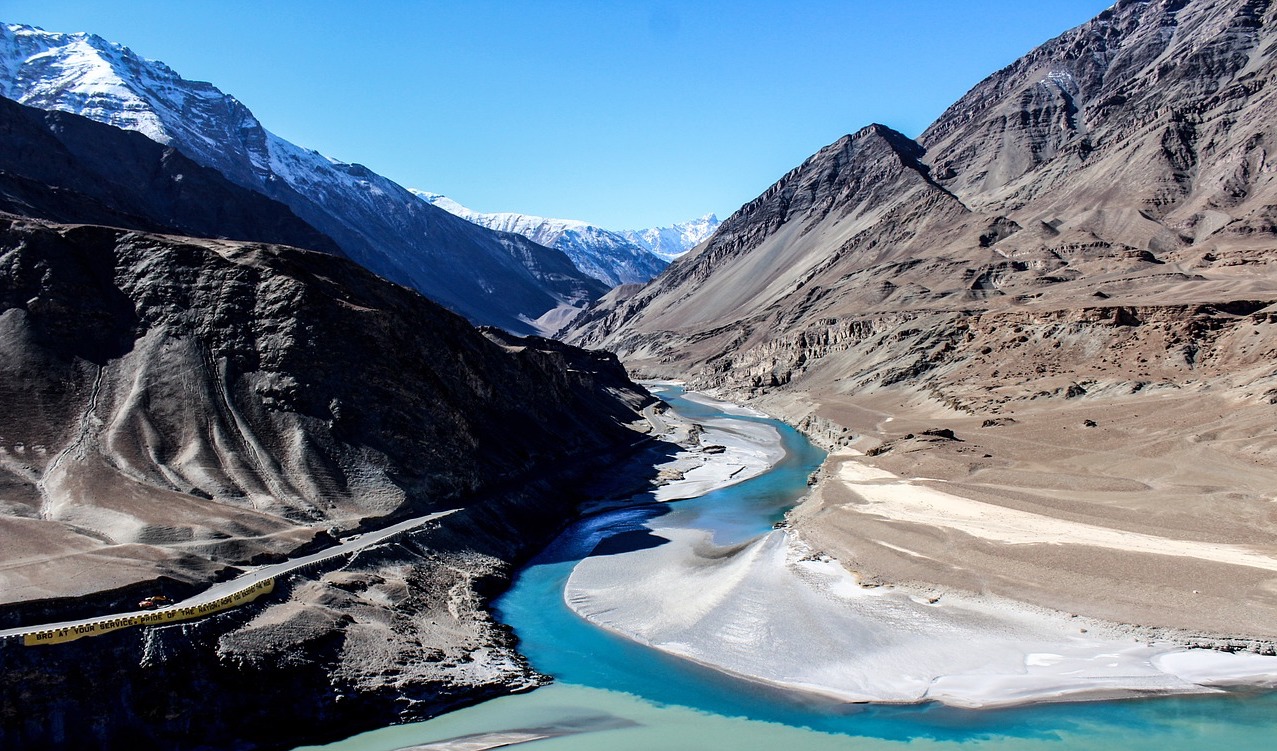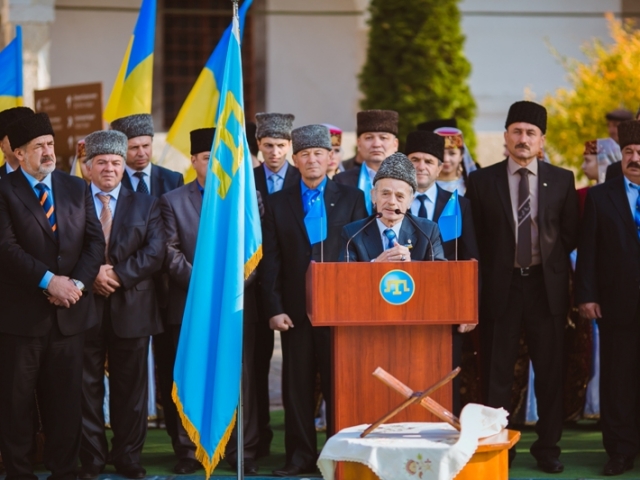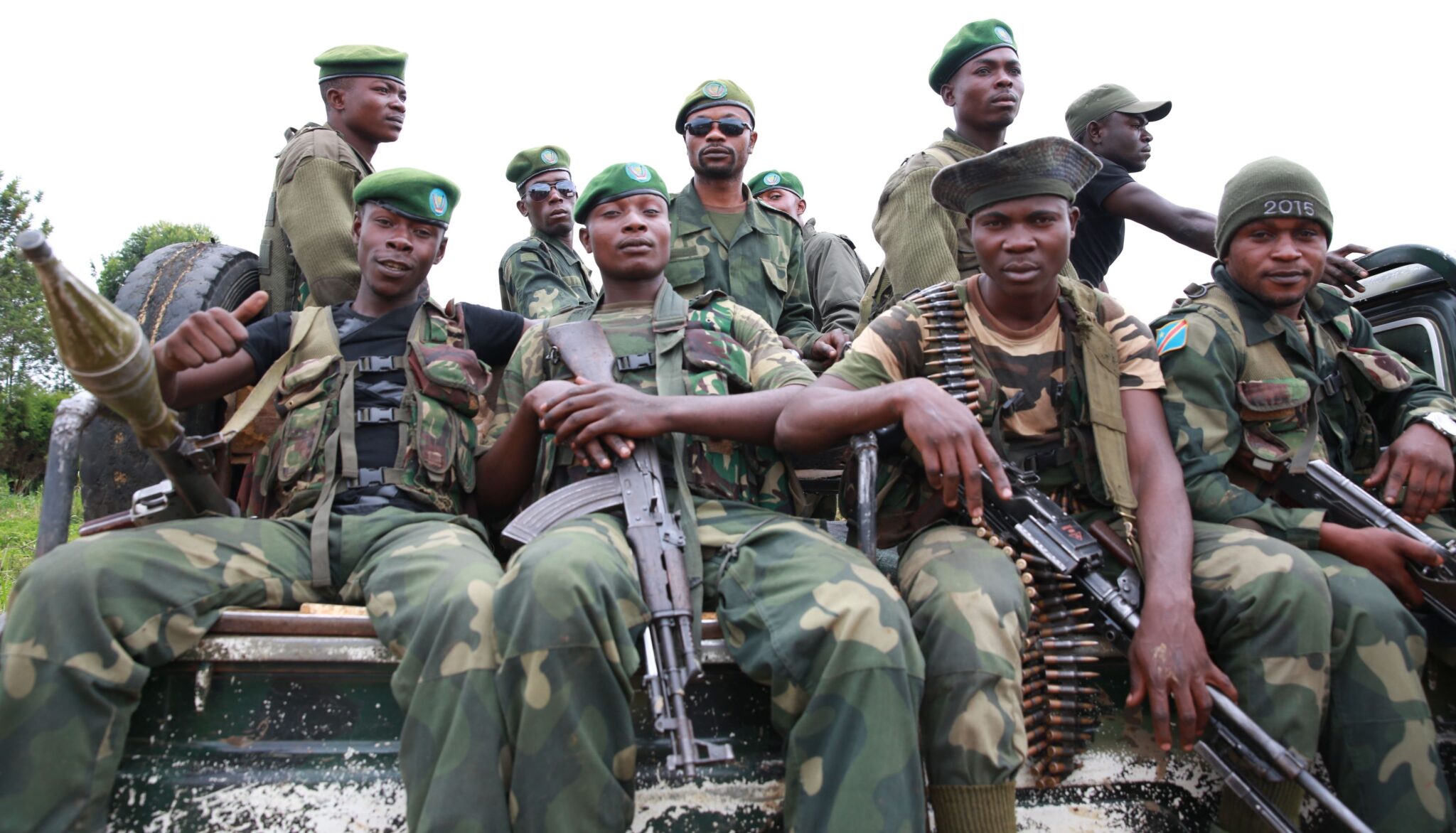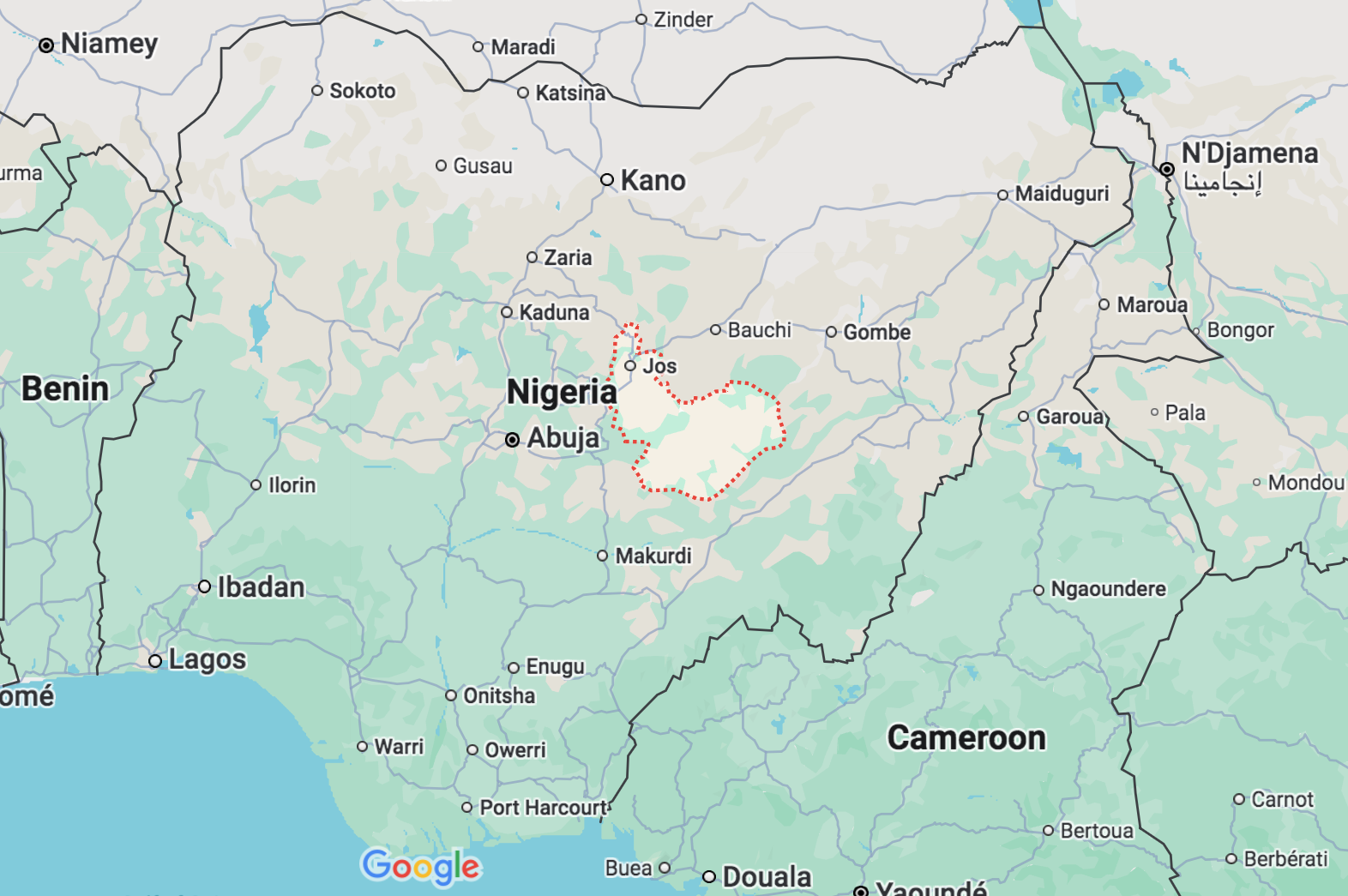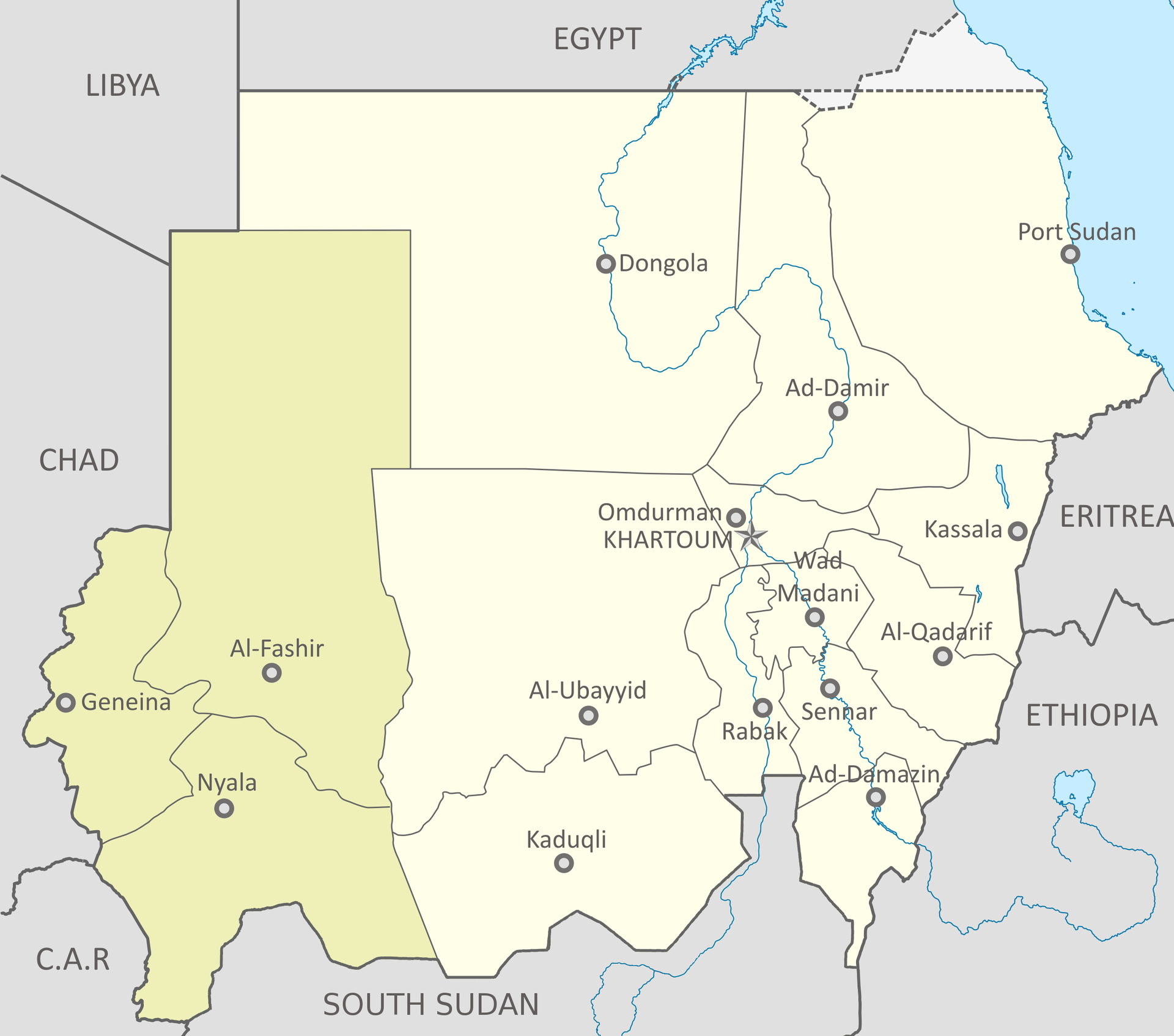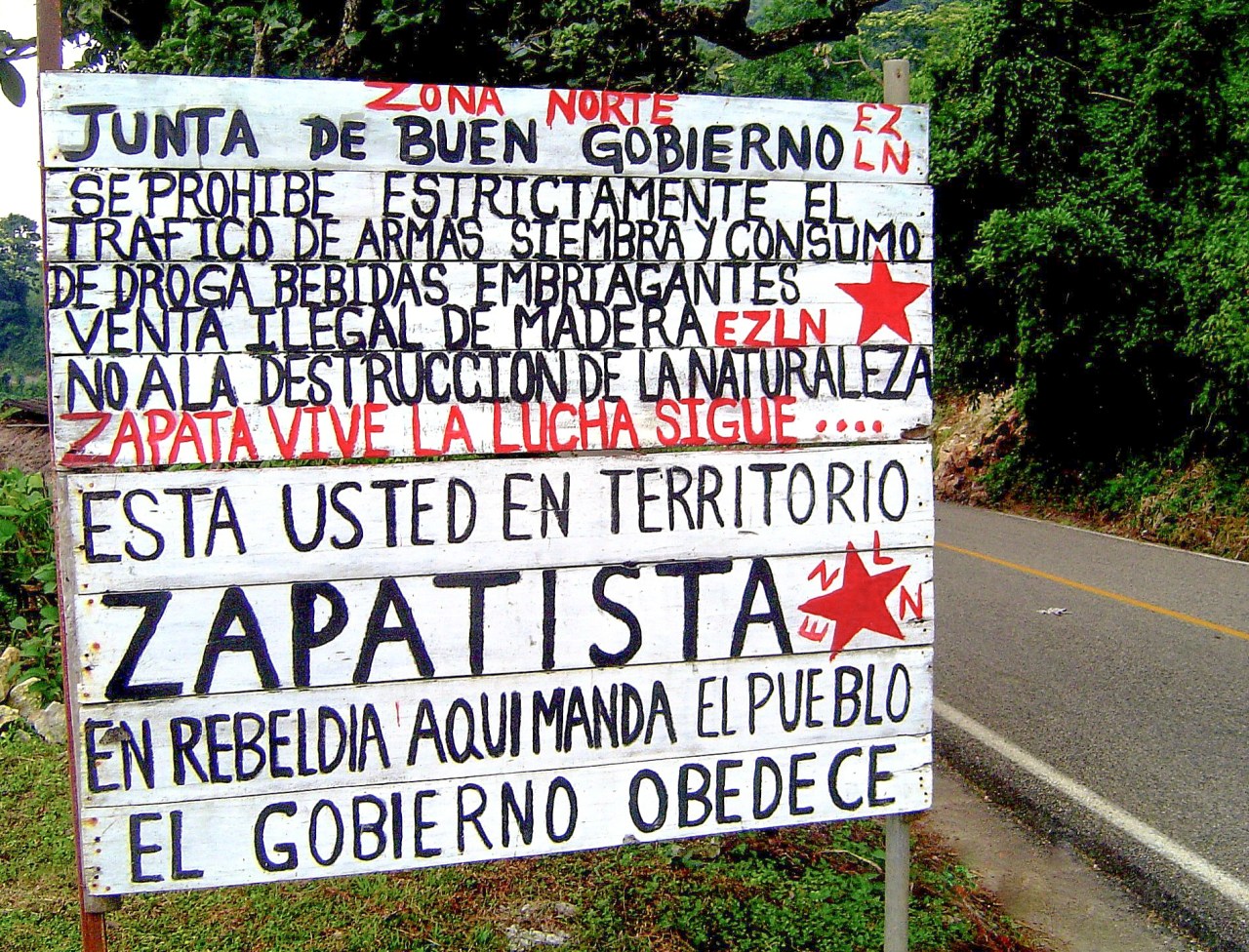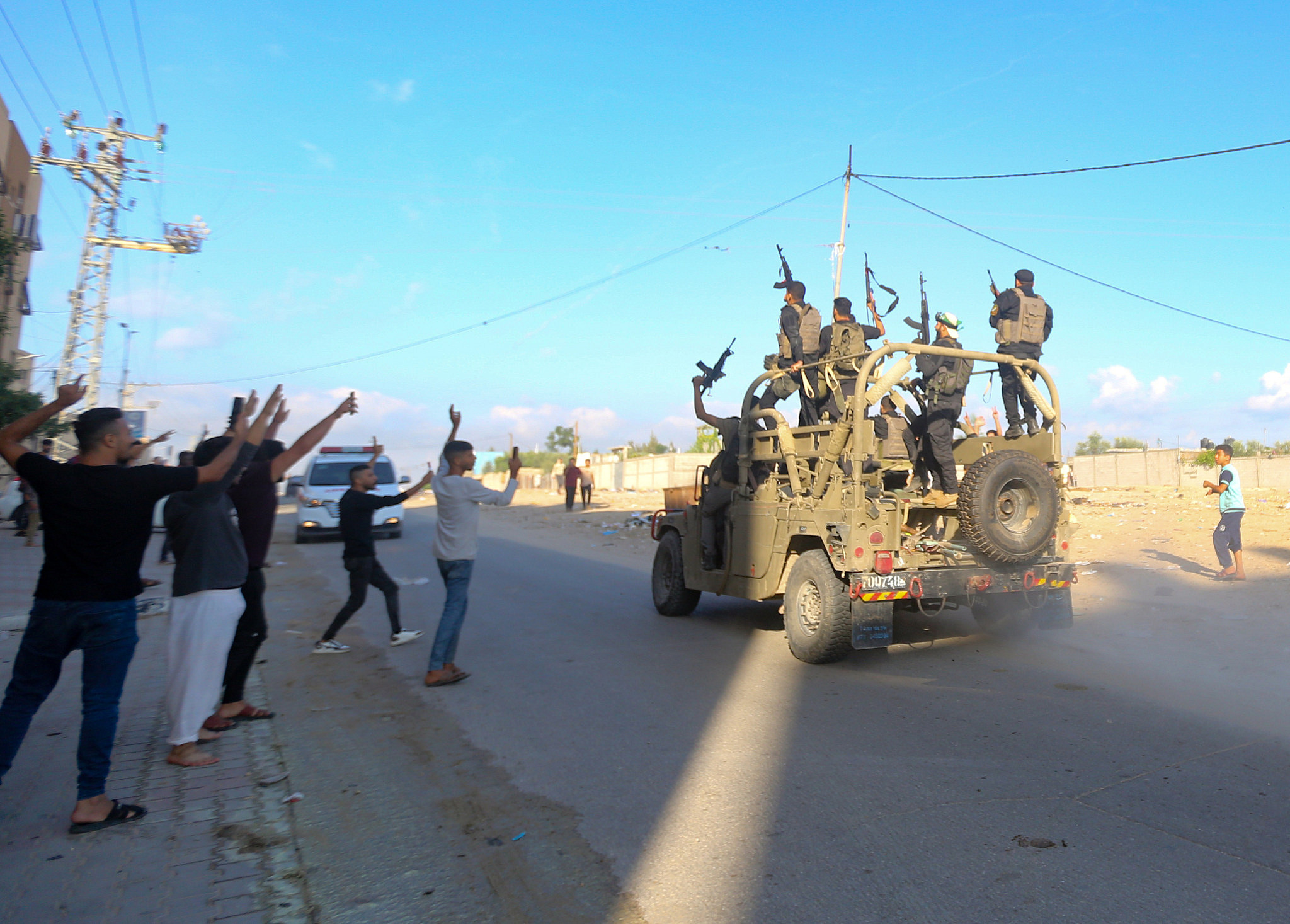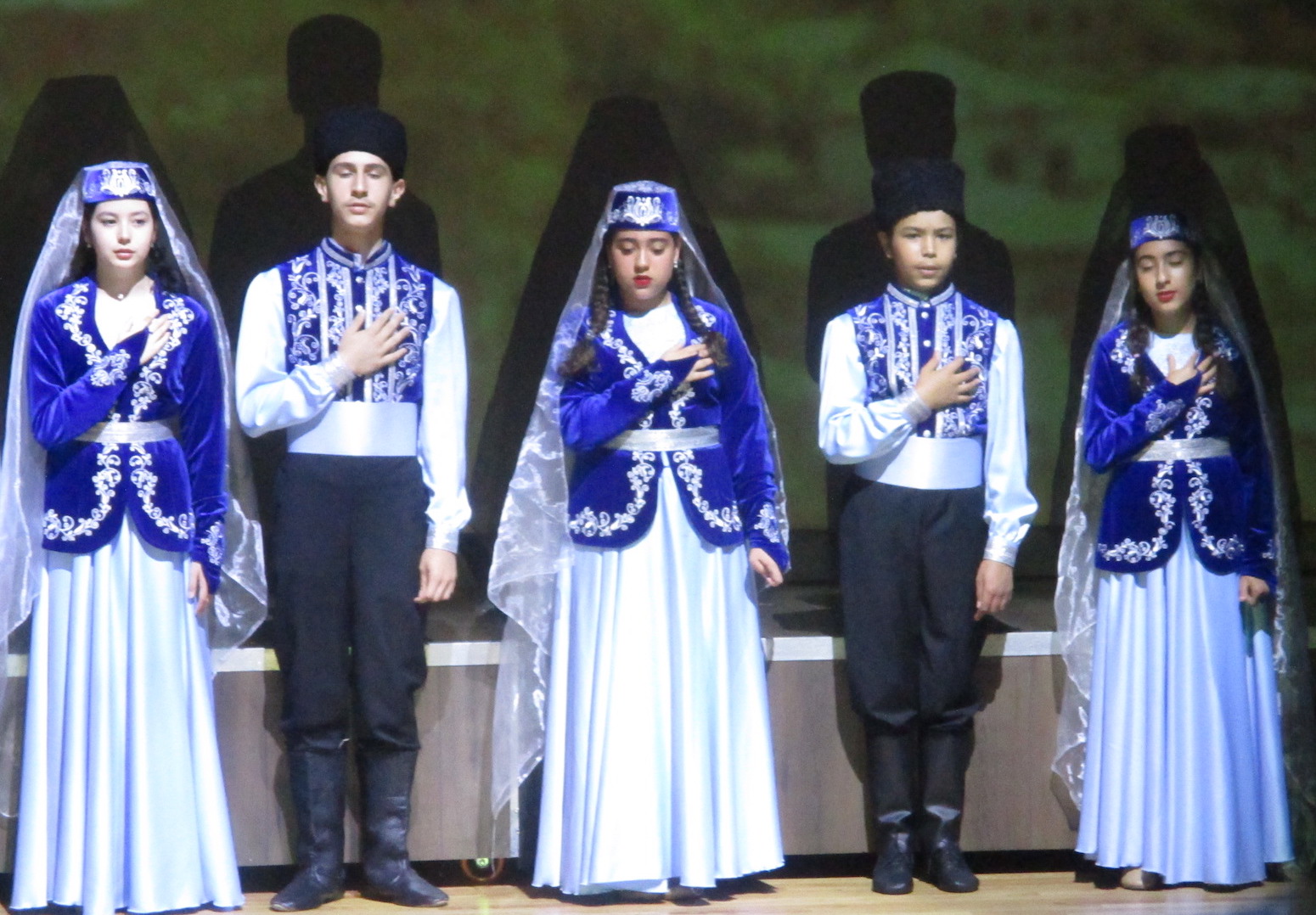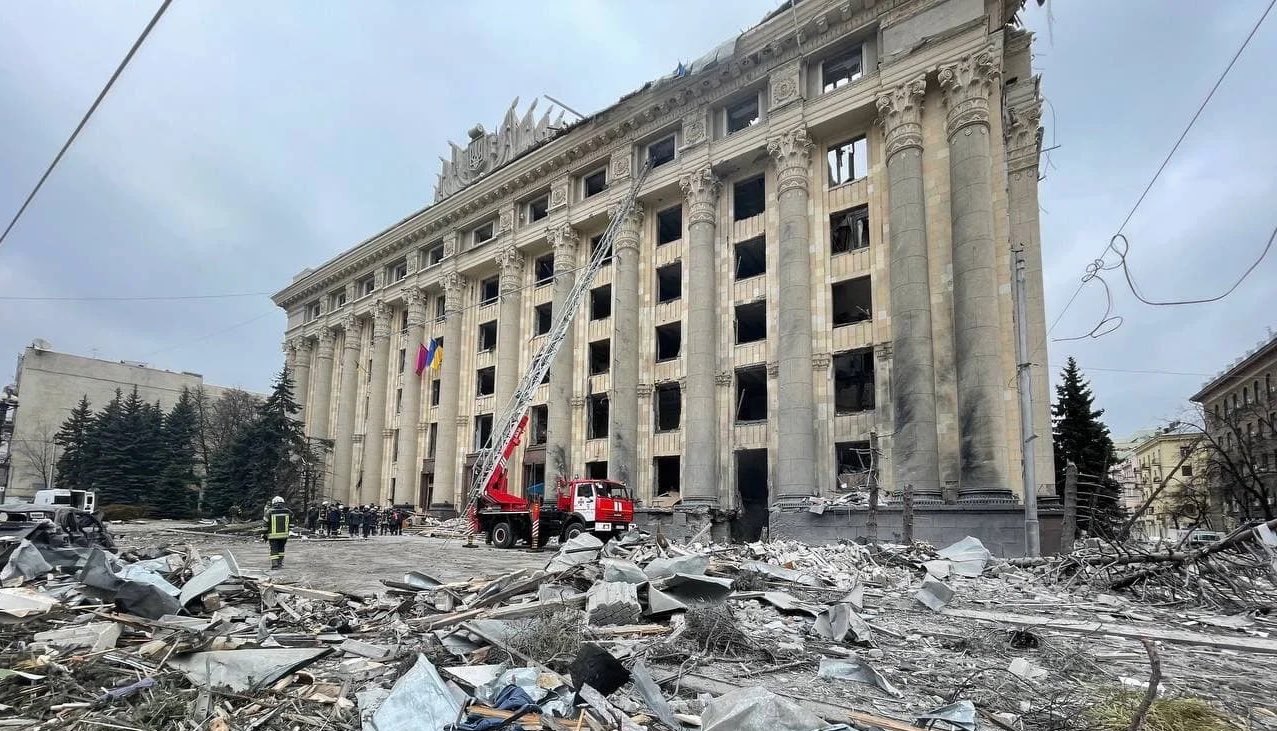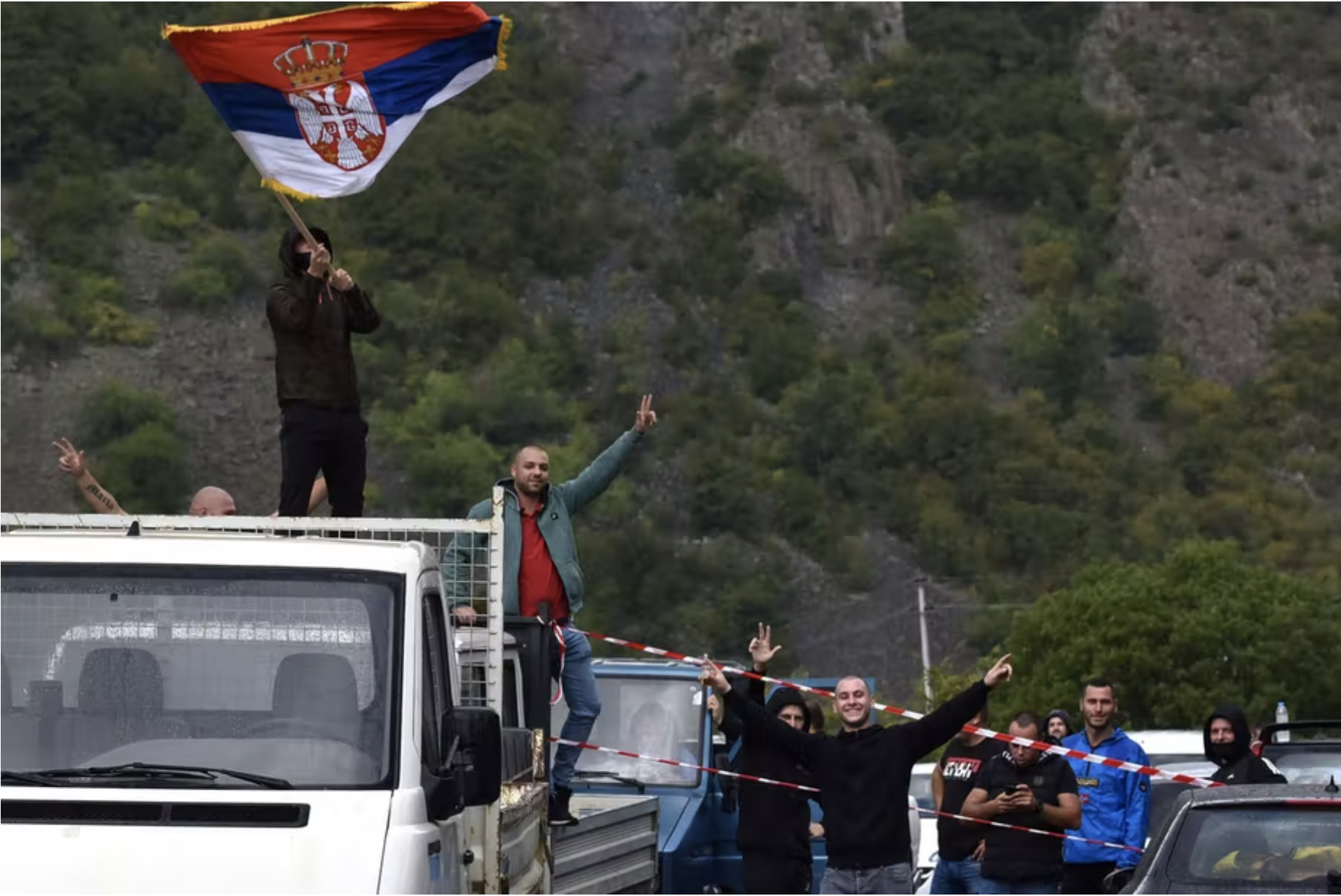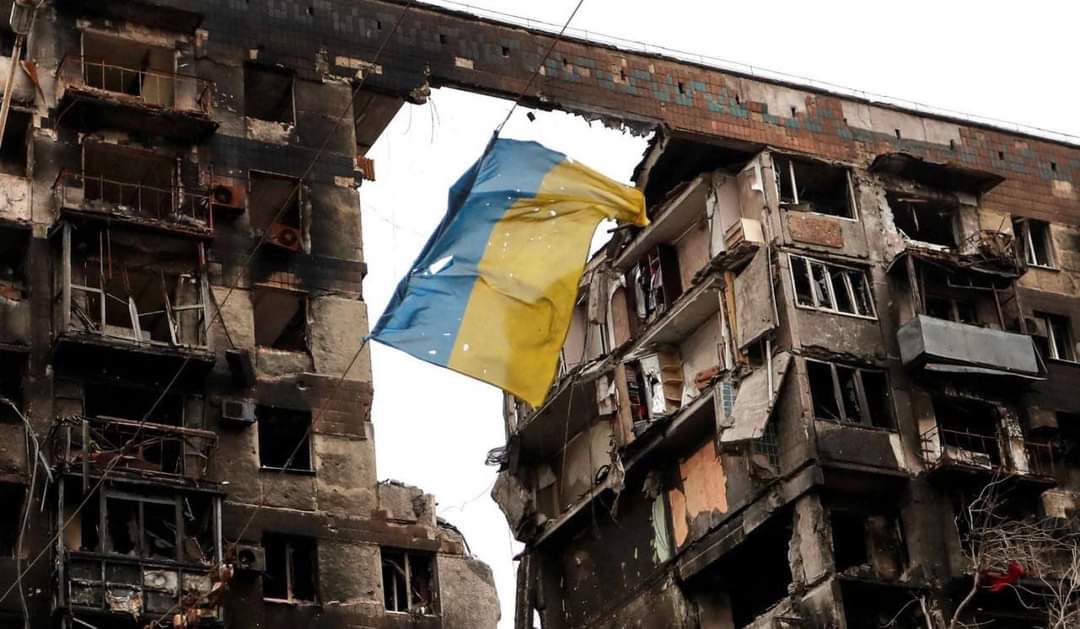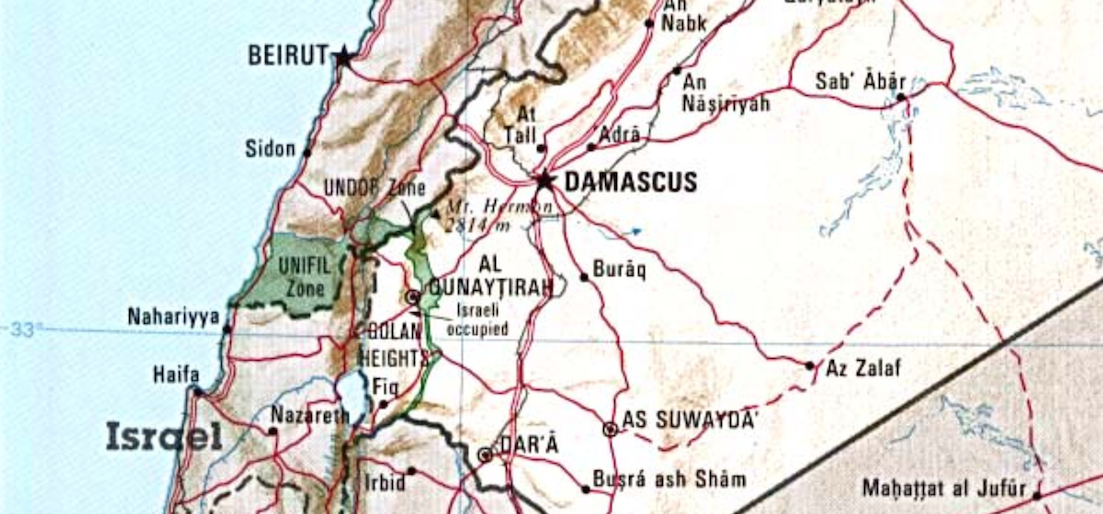
Israel escalates Syria strikes —in name of protecting Druze
Syrian Druze leader Sheikh Hikmat al-Hijri accused the interim government of carrying out a “genocidal attack” on his community following two days of sectarian violence that left 100 dead. Clashes broke out in the Damascus suburbs of Jaramana and Sahnaya, and armed residents began to mobilize in the Druze-majority southern city of Suwayda before a truce was reached. But by then Israel had escalated its military intervention in Syria, launching air-strikes on targets around Damascus. In a statement, Israeli Prime Minister Benjamin Netanyahu said the IDF had “struck an extremist group” that was killing members of the Druze community. This is presumably a reference to the now ostensibly disbanded Hayat Tahrir al-Sham (HTS), the leading faction in the forces that took power in Syria and formed the transition government late last year. It is unclear who launched the attacks that sparked the fighting, which were condemned by the interim government. (Map: PCL)




